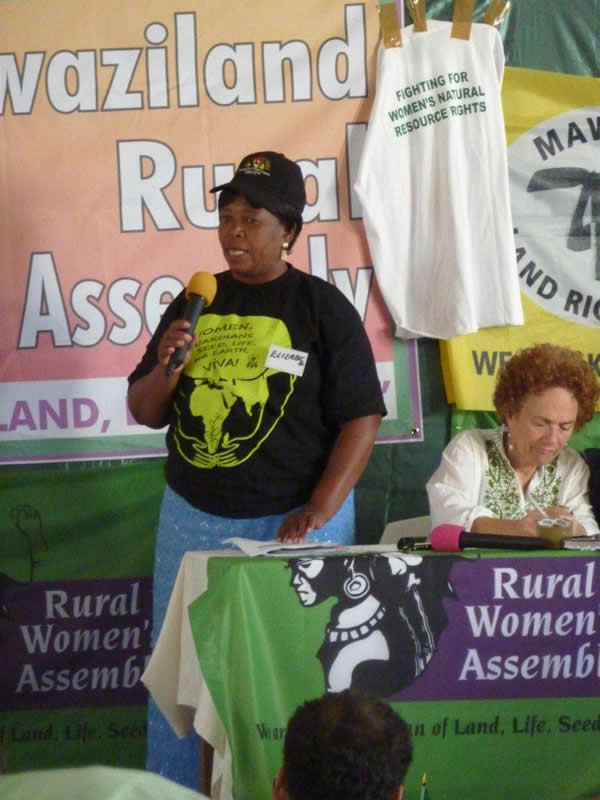SADC Resources for SADC Citizens

22/09/2014
The SADC People’s Summit which took place from August 15 – 16 at the Zimbabwe International Trade Fair (ZITF) in Zimbabwe ran under the theme Reclaiming SADC for People’s Development – SADC Resources for SADC People. The event brought together over 2500 participants from the SADC region among them, Social Movements and Civil Society Organisations (CSOs). The people’s summit ran concurrently with the SADC Heads of State Summit.
Issues discussed at the peoples’ summit included the Impact of MNCs on natural resources in the SADC Region; Building a People’s Movement to curb illicit Financial Flows in Southern Africa; Child Rights, particularly child marriages; Reclaiming Women’s Dignity in the SADC Region; Food Sovereignty in the SADC Region; The plight of Informal Cross Border Traders and Trade, Climate and Environmental Justice.
According to Ms Patricia Kasiamhuru, the Executive Director of the Zimbabwe Coalition on Debt and Development (ZIMCODD), the summit seeks to influence the building of an alternative regional bloc through people-driven processes and also aims at carving out space in the SADC policy-making processes for peoples’ participation. ZIMCODD hosted the 2014 SADC Peoples Summit
Participants at the summit called on governments to decentralize power as a development mechanism as this would lead to equitable distribution of resources. Speaking at the same summit, the Zimbabwe Deputy Minister of Foreign Affairs, Ambassador Christopher Mutsvangwa, noted that the majority of countries in the SADC region are generally richly endowed with minerals, biodiversity and other resources which are vital for the creation of wealth and contribution to improving the overall quality of life. Ambassador Mutsvangwa called on the SADC region to work together as a bloc to benefit its citizens. Citizens rapped some multinational corporations and the political elites for looting resources through privatization in the SADC region where the majority wallow in poverty amidst.
At the Climate and Environment Justice Committee session, it was observed that some policies on climate adaptation conflict with sustainable food production by smallholder farmers. The CSO’s noted that current incidents by commercial firms to engage smallholder farmers in growing bio fuel crops are taking the space for food crops.
The development, CSOs said, encourage inflationary pressure and forces countries to lose earnings through increased imports. The activists pointed out capitalist companies are promoting growth of bio fuel cash crops are only thinking of making money from a product that has no bearing to the needs of the region. “There are some companies that are saying we do not have to grow food crops but are promoting growth of Jatropha and sugarcane for bio fuel. These multinationals are able to support small scale farmers grow bio fuel crops by investing in irrigation infrastructure yet do not do the same for maize,” said Shepherd Zvigadza from Zero Regional Environment Organization. Zvigadza noted that this is a danger to the region as food production will decrease especially since smallholder farmers who rely on rain fed agriculture will be cultivating crops
ESAFF board member Ms Elizabeth Mpofu represented the organization at the people’s summit. She gave a presentation at the Rural Women’s Assembly where she noted that the current gap between SADC citizens and their head of government made it difficult to fully engage in meaningful developmental discourse as the planning for both summits was done separately. She also implored Esaff to use such platforms to increase the organisation’s visibility. A communiqué was submitted to the SADC Heads of State summit for further discussion
http://www.esaff.org/images/sadc_people_s_summit_2014___pdf.pdf






















